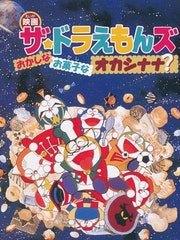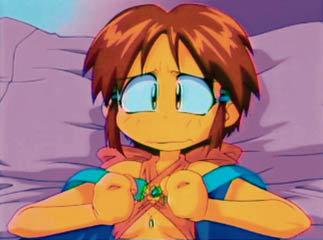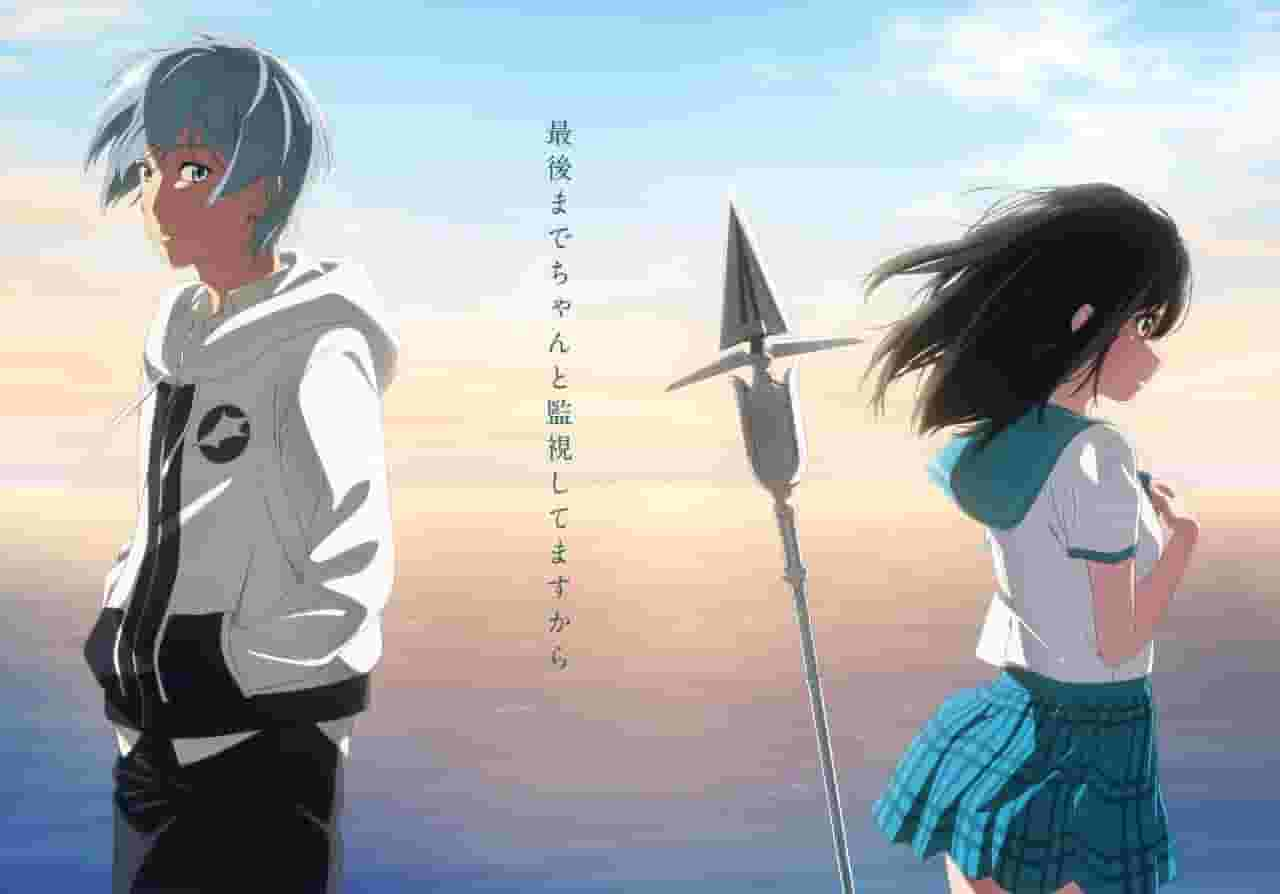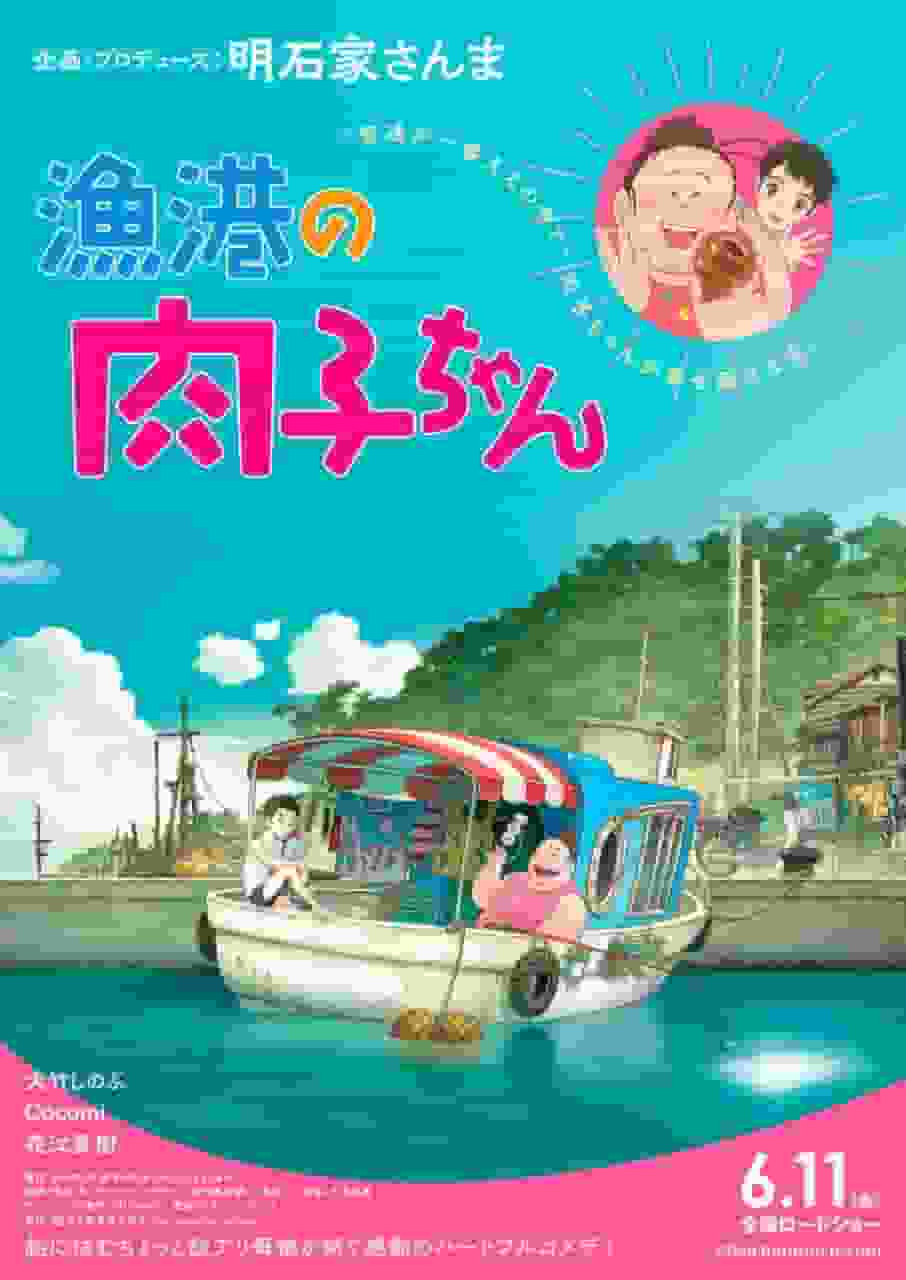The charm and depth of Karma: Anime reviews and recommended guides
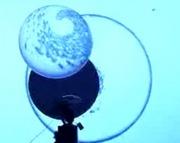
Karma - Detailed review and recommendation of Karmaoverview"Karma" is an original anime film released in theaters in 1977. Directed by Nobuhiro Aihara, it is a short film consisting of one episode and lasting three minutes, but leaves a strong impression. In this article, we will provide a detailed review and recommendation of "Karma", delving into the appeal, background, and behind-the-scenes stories of the film. storyKarma depicts a profound theme in just three minutes. The story begins with a man reflecting on his life, remembering his past mistakes and regrets. He begins to understand how his actions affect others and ultimately come back to him. The piece visually represents the concept of karma, inviting the audience to contemplate it deeply. characterThe film's protagonist is an unnamed man who looks back on his life, trying to understand his past actions and their consequences. The character is given little concrete background or detail to allow the audience to easily draw comparisons to their own lives. This allows the film to depict more universal themes that will resonate with many people. Visuals and animationThe visuals of "Karma" are very advanced considering the animation technology of 1977. Director Aihara Nobuhiro pays particular attention to the use of color and light to visually express the inner changes of the protagonist. In particular, the color contrast used to distinguish between past and present scenes is very effective in emphasizing the theme of the work. The animation movements are also smooth, skillfully depicting the heightened emotions. Music and SoundMusic and sound are also key elements of Karma. The music used throughout the film reflects the protagonist's inner conflict and brings out the emotions in the audience. In particular, the quiet piano lines used in the past scenes emphasize the protagonist's regret and remorse, while the present scenes use more tense string instruments, expressing the protagonist's determination and resolve. The combination of these music and sound is essential to deepening the theme of the film. Theme and MessageThe central theme of Karma is karma. The work depicts how our actions come back to haunt us, teaching the audience the importance of self-reflection and responsibility. This theme is particularly relevant in the 1970s, as it prompted many people to reconsider their own actions and their consequences. The work also deals with a universal theme, making it resonate strongly with modern audiences. Background and secrets"Karma" is a work born from the personal experience and philosophy of director Nobuhiro Aihara. The director deeply resonated with the concept of karma through various events and encounters with people in his life, and decided to make this work. Although the production of the work was accompanied by many difficulties, it was ultimately completed thanks to the director's passion and the cooperation of the team. In particular, the use of color and light was directly involved by the director, and it took many trial and error to reach its current form. Recognition and Awards"Karma" was highly acclaimed when it was released. In particular, the animation technique and artistry were highly praised, and it won awards at many film festivals. The film's theme and message also resonated with many audience members and sparked social debate. Even today, the film is considered an important page in the history of animation, and is beloved by many fans and researchers. Recommendations and related works"Karma" is highly recommended for those who enjoy profound themes and beautiful visuals. It is also perfect for those who want to think about the concept of karma and self-reflection. Related works include "Poetry of Life," also directed by Nobuhiro Aihara, and "Beyond the Ring," which also deals with the theme of karma. These works also have profound themes and beautiful visuals. Conclusion"Karma" is a masterpiece that depicts a profound theme in just three minutes. This work, which brings together the passion and technique of director Nobuhiro Aihara, evokes deep contemplation and empathy from the audience, and has not lost its value even today. Please watch this work at the theater at least once and experience its beauty and depth for yourself. |
>>: The emotion and reviews of "Towards the Rainbow": A thorough analysis of the appeal of the anime
Recommend
"Saint Seiya" live-action movie releases new character posters
The live-action movie of "Saint Seiya" ...
The appeal and reviews of Keroro Gunso the Super Movie - Gekishin Dragon Warriors desu!
Keroro Gunso the Super Movie: Gekishin Dragon War...
The Steel Fairy Louran: Reviews of the charming characters and deep story
Steel Fairy Louran - Steel Fairy Louran - ■ Publi...
The total number of views of the "Four Great Classics" on Station B exceeded 100 million, and the number of comments for "Romance of the Three Kingdoms" exceeded 1.88 million
Today (August 18), Bilibili announced that the to...
The series will not start production until Naughty Dog successfully releases The Last of Us 2
The news that HBO will adapt the PlayStation mast...
Life hangs on a thread! "Jurassic World 3" releases stills of the heroine with scars all over her face
The much-anticipated "Jurassic World 3"...
The appeal and reviews of the second season of Yowamushi Pedal GRANDE ROAD: A story of passionate races and growth
Yowamushi Pedal Grand Road overview "Yowamus...
Chen Sicheng: I hope fans can go to the cinema to watch "Detective Chinatown 3"
Recently, at the Second Golden Cinema Youth Recog...
The Story of Helen Keller: A moving drama depicting an angel of love and light
The Story of Helen Keller: Angel of Love and Ligh...
NINKU Special Edition "Graveyard of Knives" Review: Ninja battles and a moving story
Detailed review and recommendation of NINKU - Nin...
The Wings of Honneamise: Royal Space Force: A review of the epic story and fascinating characters
"Royal Space Force: The Wings of Honneamise&...
The appeal and evaluation of "Deliver! FM83〇! Monday Night Symphony"
Deliver! FM83〇! Monday Night Symphony SS! - The f...
DC's "Swamp Thing" media ratings released iMBb up to 9.4 points
Produced by James Wan, the DC horror superhero dr...
The official COS is extraordinary! The makeup photos of the 10 major characters in the stage play of "Yu Yu Hakusho" are eye-catching
Countless masterpieces of the island country'...
Tom Cruise's next movie will really go to space: budget is as high as $200 million
Tom Cruise is known for his own high-risk stunts,...

